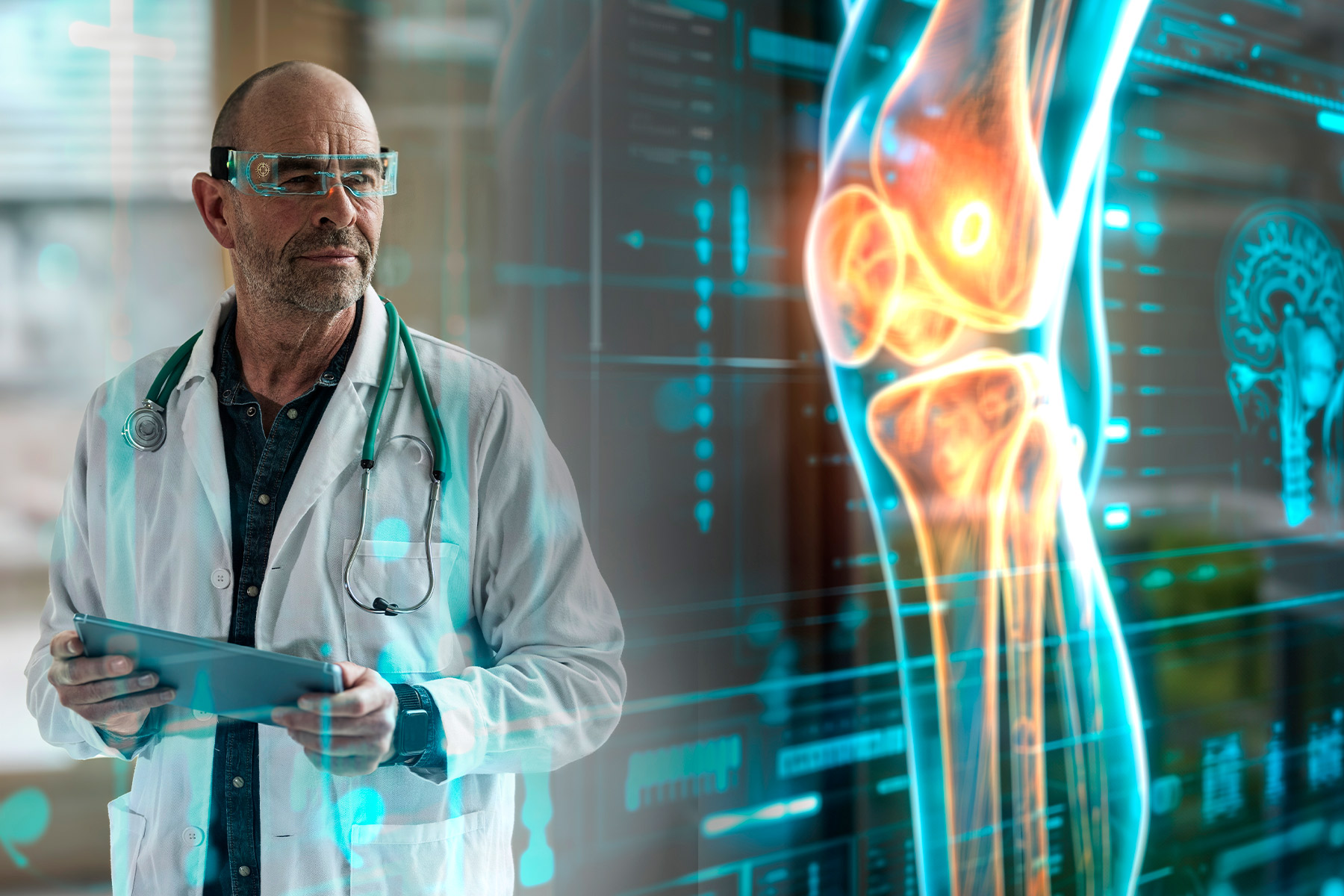
Advancements in artificial intelligence (AI) are ushering in a new era in healthcare, not by replacing medical professionals, but by augmenting their ability to save lives through better data and diagnostics. Although AI cannot directly intervene in medical emergencies, it significantly enhances the tools and information available to healthcare providers.
Recent developments in AI technology have enabled faster and more accurate analyses of large volumes of medical data, from patient records to imaging scans. These innovations allow doctors to make quicker, more informed decisions, leading to improved patient outcomes. For example, AI-powered algorithms can now detect subtle patterns in diagnostic images that might be missed by the human eye, such as early signs of cancer or indicators of cardiovascular disease.
Moreover, AI systems assist in predicting patient risks and customizing treatment plans by analyzing diverse medical histories and variables. This level of precision supports the concept of personalized medicine, where treatments are tailored to an individual’s unique genetic and health profile.
Hospitals and clinics are increasingly integrating AI tools into their workflows, from emergency departments to intensive care units. Applications range from triaging patients more effectively to monitoring vital signs in real time, signaling potential complications before they become critical.
While challenges remain, such as ensuring data privacy and managing algorithm transparency, the healthcare field is optimistic about AI’s role. Experts emphasize that AI should be viewed as a complement to human expertise, not a replacement. With continued advances, AI is poised to become a powerful ally in the ongoing effort to improve patient care and save lives.
Source: https:// – Courtesy of the original publisher.








